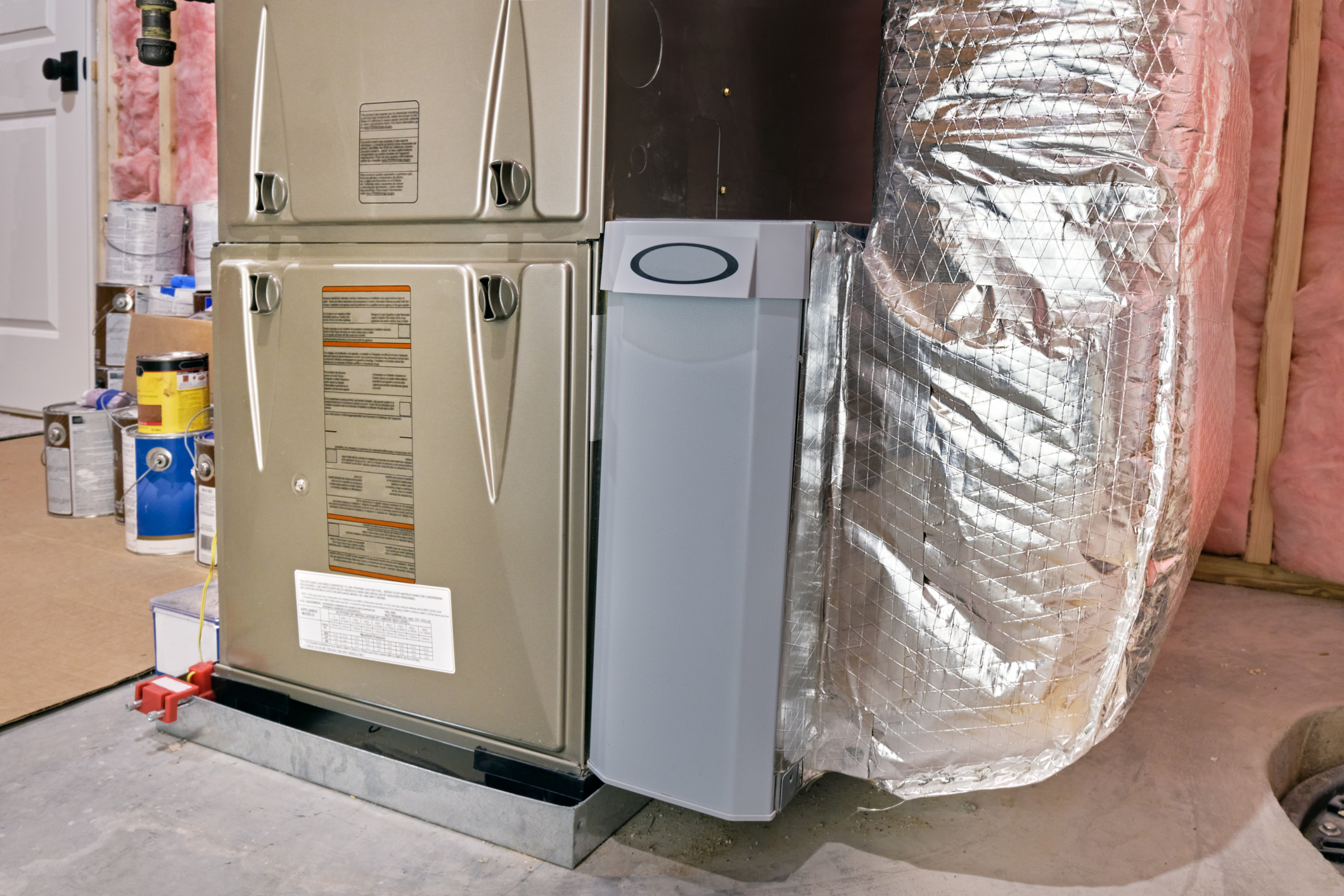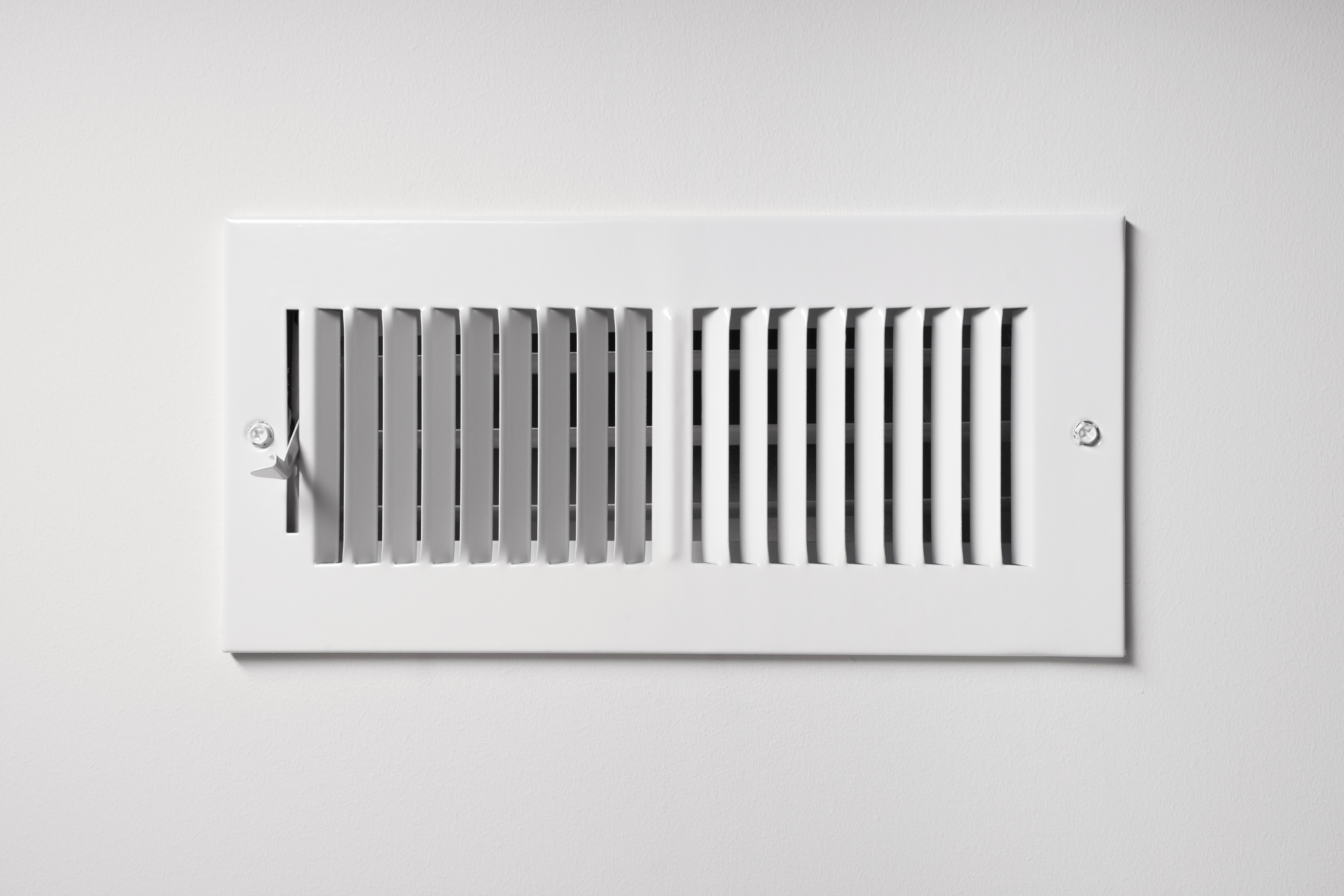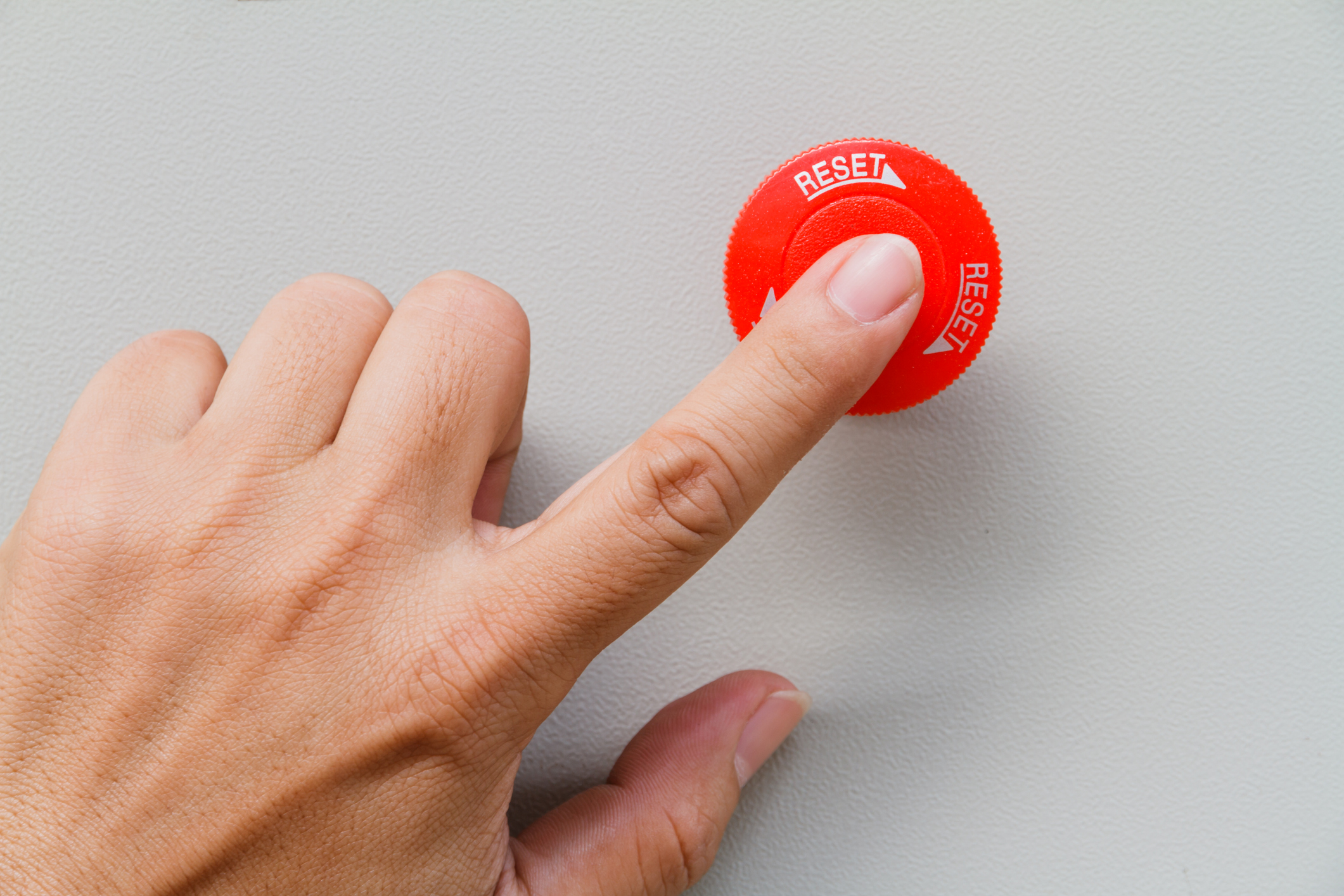Is Rust In Your Water Heater Dangerous? What to Do
Each 15-minute shower you take consumes about 30 to 75 gallons of water. Every minute you run the faucet while brushing your teeth is another one to two gallons of water. If you wash your face, say twice every day, that’s another two to four gallons of water.
Only three daily water-using activities, but you’ve already used so much water! In fact, if you live in an average U.S. household, your family is likely consuming 300+ gallons every day.
That’s already a lot, right? But that’s not the end of it. Rust in water heater can make that go even higher.
So, is rust a sign you need to get yourself a new water heating system? Or is it something you can repair?
We’ll answer both questions and more in this post, so keep reading and drinking in (sorry) what we have to say!
Rust In Water: Safe Or Hazardous?
First things first: Most cases of rusty water aren’t a health hazard. After all, rust is iron, albeit in oxidized form. The human body needs iron for blood production.
Of course, this doesn’t mean you’d want rust-filled water to be your source of iron. Not only is it unpleasant to look at – it also doesn’t taste good. Plus, you’ll end up with stained clothes and sinks, both of which are a hassle to deal with.
It’s also vital to address this issue ASAP, because it can signal impending leaks. Allow rusting to continue, and your water heater or plumbing pipes will soon start to leak.
What Rust In Water Heater Means
Most of the time, hot water systems get the blame whenever faucets let out rust-colored water. The same thing goes true for showers streaming yellowish, reddish, or brownish water.
But water heaters aren’t always the cause of rust-filled water. Old and faulty plumbing pipes are as much to blame.
The question now is, which of these two is the source of your problem? You need to determine this, as you don’t want to get a new heater only to find out it’s an issue with your pipes.
Here’s how to figure out which of the two is heating your blood up:
1. Turn off your water heater and let it cool down for a few minutes.
2. Turn on the faucet or shower where the water is “most rusty”, making sure you only run cold water.
3. If you still get rust-colored water, then the issue is with one of your plumbing pipes.
Keep in mind though, that it’s possible that rust is present in both your plumbing and water heater. So, after step three, run the faucet or shower again, this time with hot water. If rusty water flows out, then your water heating system may also be to blame.
But to be sure, test the water in a different location. It’s best you try the same steps with a faucet that’s as far from the first one as possible. Rust in hot water from separate locations signals an issue with your water heater.
The Primary Reason Behind Rusty Water From Your Heater
How long do water heaters last depend on many factors, but on average, they can last up to 10 years. Yours can last longer (or die sooner), depending on installation, usage, and maintenance. Of course, there’s also the overall quality of the device’s construction.
Again, rusty water from your heater doesn’t mean a replacement is already in order. It’s possible that the only thing you need to address is its rusted anode rod.
The role of the anode rod is to attract elements in the water that would otherwise corrode the tank itself. It sits inside the hot water tank, drawing in these corrosive agents to protect the tank. Because the rod exists for this purpose, it’s normal for it to rust and corrode.
This said, it’s possible the rusty water you’re seeing is due to a corroded anode rod. If the rust has occurred only this part of your water system heating, it’s an easy fix. A water heater repair specialist can quickly replace this for you.
You have a bigger problem, however, if the rust has spread to the tank itself. This may have happened because of a malfunctioning anode rod. Delaying anode rod replacement for too long is another likely reason for a rusting tank.
That’s why knowing when to replace water heater anode rods can prevent an entire tank from rusting. Pair this with routine maintenance, and you’ll have lower risks of facing rusty water issues.
Other Signs Telling You Your Water Heater Has Gone “Rusty”
Actual rust in your hot water is only one of the signs your hot water heater is going out. Had the system for almost a decade now? If so, then consider replacing it with a more energy efficient water heater.
Also, as mentioned above, rust will eat away at your water heater’s metal parts. This will then result in leaks. So, a spike in your water bills even with normal use can signal a bad water heater.
Rusting and corrosion also minimizes your water heater’s efficiency. This can lead to inadequate heating or no heating at all! In some cases, this may be in the form of fluctuating water temperatures.
So, if your heater takes forever to produce hot water, it’s time to have it checked for repairs or a replacement. Rust itself may not be a danger, but fluctuating water temperature is.
You only have to think of the more than 500,000 scald burns that occur in the U.S. every year. That should be enough for you to treat your malfunctioning water heater as a major concern.
Don’t Let Rusty Water Take Away the Joy Of Eating And Bathing
Rust in water heater can make household cleaning chores a huge pain. Bathing with it can make you feel even dirtier than before you jumped into the shower.
Worse, it can completely take the fun of cooking and eating at home. After all, rusty water can taste pretty bad, and it can affect the taste of your dishes too.
That’s why you’d want to get your heater checked as soon as you see rust-colored water flowing out of your faucets. The sooner you set up a service schedule with us, the sooner you can enjoy clear water once again.
Request Service

Why Choose Masters Heating & Cooling?
Northeast Indiana's HVAC & Plumbing Experts
- Licensed, insured & NATE-certified technicians
- The only Carrier Factory Authorized Dealer in Northern Indiana with experience servicing all brands
- Free estimates on replacement quotes
- Upfront pricing & financing options
- Background-checked technicians
- Military, veteran & senior discounts
- Serving Fort Wayne, Decatur, Greenwood & Indianapolis




